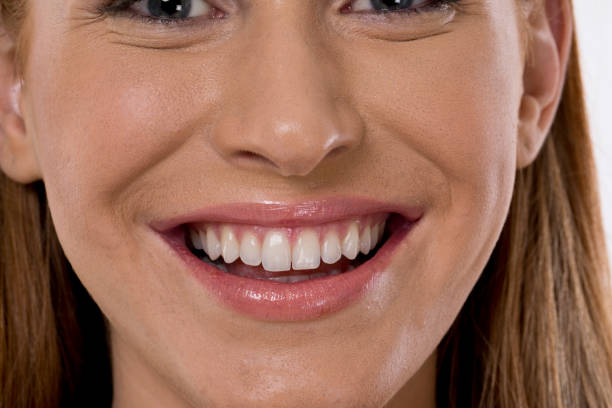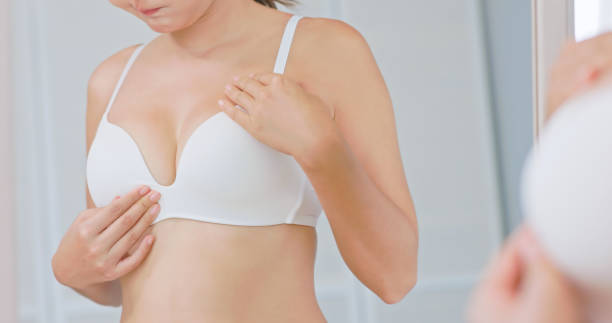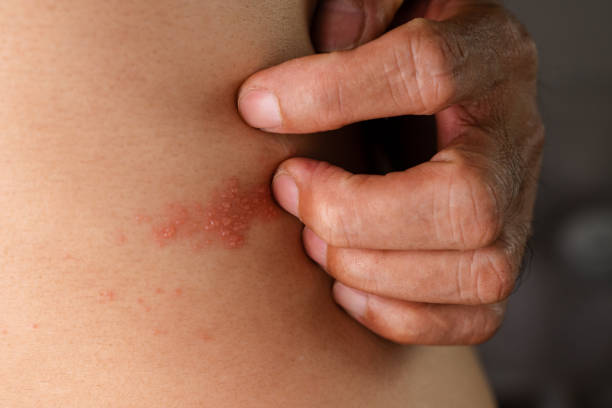Warts are more than just a minor skin inconvenience—they’re a skin condition caused by the human papillomavirus (HPV) that can appear anywhere on the body. Though generally harmless, warts can be unsightly, uncomfortable, and, in some cases, stubborn to treat. Fortunately, for those seeking Warts Removal In Dubai, there are modern, effective treatments available tailored to the type of wart and individual skin needs.
Whether it’s a small plantar wart on the sole of the foot or a flat wart on the face, knowing how different treatments work for various types of warts can help you make an informed decision. This guide explores the different wart types and how treatments are specifically designed to remove them effectively.
Understanding Warts: What Causes Them?
Warts are caused by different strains of the human papillomavirus (HPV), which enters the body through tiny cuts or abrasions in the skin. Once inside, the virus causes rapid cell growth, resulting in a raised bump or lesion.
While warts are typically non-cancerous, they are contagious. You can get them from skin-to-skin contact or from contaminated surfaces. Some people are more prone to warts due to a weaker immune response to the virus.

Types of Warts and How They Differ
Not all warts are created equal. Identifying the type of wart is essential for selecting the most suitable removal treatment.
1. Common Warts
These are rough, raised bumps that often appear on the hands, fingers, knees, or elbows. They may have a cauliflower-like appearance and are generally painless.
2. Plantar Warts
Found on the soles of the feet, plantar warts can grow inward due to pressure from walking. They are often flat with a small black dot in the center and can be painful.
3. Flat Warts
These are smoother and smaller than common warts and tend to appear in large numbers. They usually affect the face, neck, and hands, making them particularly concerning for cosmetic reasons.
4. Filiform Warts
Thin and finger-like, these warts often appear around the eyes, nose, or mouth. Their location makes them sensitive to treat and requires gentle care.
5. Genital Warts
Typically transmitted through sexual contact, genital warts are soft growths that appear in the genital area. They require specialized medical attention and are treated differently from non-genital warts.
Effective Warts Removal Treatments in Dubai
Dubai offers a wide range of advanced warts removal options. The treatment choice depends on factors such as the type, size, location, and number of warts, as well as the patient’s age and health condition. Let’s explore the most commonly used treatments:
Cryotherapy: Freezing the Wart Away
Cryotherapy is one of the most widely used wart removal methods. It involves applying liquid nitrogen to the wart, which freezes the tissue and destroys the infected skin cells.
Best For:
- Common warts
- Plantar warts
How It Works:
- The cold temperature causes the wart to blister and eventually fall off.
- Multiple sessions may be required depending on wart size and depth.
- Healing typically occurs within 1-2 weeks post-treatment.
Benefits:
- Minimally invasive
- Quick in-office procedure
- Low risk of scarring when done properly
Laser Treatment: Targeted and Precise
Laser therapy is an advanced method that uses focused light to burn and destroy wart tissue. It is often used for stubborn or recurring warts.
Best For:
- Plantar warts
- Flat warts
- Warts resistant to other treatments
How It Works:
- The laser heats the blood vessels feeding the wart, cutting off its blood supply.
- The wart eventually dies and falls off.
Benefits:
- High precision
- Minimal damage to surrounding skin
- Effective for hard-to-treat cases
Electrosurgery and Curettage
This method combines electrosurgery (burning the wart with electric current) and curettage (scraping off the wart with a surgical tool).
Best For:
- Common warts
- Plantar warts
How It Works:
- The wart is numbed with local anesthesia.
- The electric current burns the wart, and the remaining tissue is scraped away.
Benefits:
- Immediate removal
- Suitable for larger or deeper warts
Topical Treatments
Certain prescription creams or gels can be applied directly to the wart. These include salicylic acid, imiquimod, or retinoid-based creams.
Best For:
- Flat warts
- Facial warts
- Mild cases
How It Works:
- Softens the wart tissue over time.
- Stimulates the immune system to fight the virus.
Benefits:
- Non-invasive
- Easy to apply at home (under medical supervision)
- Especially useful for facial warts where precision is needed
Immunotherapy
Immunotherapy aims to stimulate the body’s immune response to attack and eliminate the wart-causing virus. It may involve injections or topical agents that trigger an immune reaction.
Best For:
- Resistant or recurring warts
- Multiple wart clusters
How It Works:
- Medications or allergens are introduced to the wart area to provoke a localized immune response.
- The body then begins to fight off the HPV infection naturally.
Benefits:
- Treats underlying viral cause
- Often used when other treatments fail
Why Warts Removal in Dubai is a Popular Choice
Dubai is well-regarded for its modern, internationally accredited healthcare facilities and experienced dermatology specialists. Choosing warts removal in Dubai means benefiting from:
- Cutting-edge technology in laser and cryotherapy treatment
- Safe and sterile clinical environments
- Customized treatment plans for all skin types, including sensitive and darker skin tones
- Multilingual medical staff and patient-friendly consultation services
Dubai’s reputation as a global hub for medical tourism also assures patients that they will receive world-class care in a comfortable and confidential setting.
Post-Treatment Care: What to Expect
Following wart removal, proper aftercare is essential to prevent infection and reduce the chances of recurrence. General post-treatment tips include:
- Keep the area clean and dry.
- Avoid picking or scratching the treated area.
- Apply prescribed ointments or dressings as directed.
- Avoid sun exposure, especially for facial warts.
- Refrain from swimming or using public showers until fully healed.
Your skin specialist may recommend follow-up visits to monitor the healing process and ensure the wart doesn’t return.
Can Warts Come Back After Treatment?
Yes, warts can sometimes return, especially if the underlying HPV infection remains in the body. Recurrence is more common in people with:
- Weakened immune systems
- High exposure to HPV
- Incomplete removal or self-treatment
To reduce the risk of recurrence:
- Avoid touching or scratching warts.
- Do not share personal items like razors, towels, or socks.
- Maintain good hygiene and boost your immune system through a healthy lifestyle.
Natural Prevention: Tips to Avoid Warts
While no prevention method is 100% foolproof, the following habits can lower your risk of developing warts:
Practice Good Hygiene:
- Wash hands regularly, especially after touching communal surfaces.
- Use protective footwear in public showers or pools.
Avoid Skin Trauma:
- Shaving or biting nails can create entry points for the virus.
Strengthen Your Immune System:
- Eat a balanced diet.
- Get adequate sleep.
- Manage stress levels.
Final Thoughts
Warts may be common, but they don’t have to be a permanent part of your skin. With a wide array of effective treatments available for every type of wart, warts removal in Dubai offers safe, targeted solutions tailored to individual needs. Whether you’re dealing with a single stubborn wart or multiple lesions, modern dermatological care ensures faster healing, minimal discomfort, and reduced risk of recurrence.



